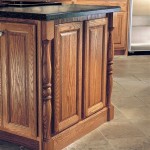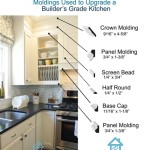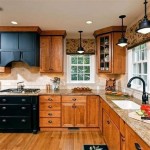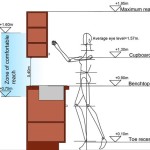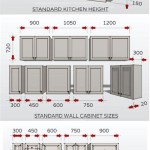Kitchen Cabinet Paint Stripping: A Comprehensive Guide
Kitchen cabinets often bear the brunt of wear and tear, with their painted surfaces becoming dull, chipped, or simply outdated. Restoring them to their former glory can be achieved through paint stripping, a process that involves removing the existing paint to reveal the underlying wood or metal. This guide will delve into the essential aspects of kitchen cabinet paint stripping, providing you with the knowledge and techniques to successfully tackle this home improvement project.
Safety First
Paint stripping involves the use of chemical strippers, which can be hazardous if not handled properly. Always wear protective gear, including gloves, safety glasses, and a respirator. Ensure adequate ventilation by opening windows or using a fan, as the fumes can be harmful if inhaled.
Choosing the Right Stripper
There are two main types of paint strippers: chemical and heat. Chemical strippers are applied directly to the paint surface and allowed to penetrate the finish. Heat strippers, on the other hand, use heat to soften the paint, making it easier to remove. For kitchen cabinets, chemical strippers are typically the preferred choice as they can be applied more precisely and reduce the risk of damaging the wood or metal.
Proper Application
Before applying any stripper, thoroughly clean the cabinet surfaces to remove dirt and grease. Then, apply the stripper according to the manufacturer's instructions, using a brush or roller. Allow sufficient time for the stripper to penetrate the paint, following the recommended dwell time indicated on the product label.
Removing the Paint
Once the paint has softened, use a scraper or putty knife to gently remove it. Start by working on a small area to gauge the effectiveness of the stripper and adjust the dwell time accordingly. Avoid using excessive force to prevent damaging the underlying surface.
Neutralization and Clean-up
Once the paint has been removed, neutralize the remaining stripper with a solvent or water, depending on the type of stripper used. Rinse the cabinets thoroughly to remove any residue. Allow the cabinets to dry completely before proceeding with further finishing steps.
Finishing Touches
Once the cabinets are stripped, you can choose to refinish them by applying a new coat of paint or stain. Alternatively, you can leave them in their natural state to showcase the beauty of the wood or metal. Sealing the cabinets with a clear finish will protect them from wear and tear and enhance their durability.
Conclusion
Kitchen cabinet paint stripping is a rewarding project that can transform the look of your kitchen. By following the steps outlined in this guide, you can safely and effectively remove the old paint to reveal the original surface or prepare the cabinets for a fresh finish. With patience and attention to detail, you can restore your kitchen cabinets to their former glory, creating a space that reflects your personal style and enhances the functionality of your home.

How To Strip Paint Off Kitchen Cabinets And Furniture

An Easier Way To Remove Paint From Wood

How To Strip Paint Off Kitchen Cabinets And Furniture

An Easier Way To Remove Paint From Wood

How To Strip Paint Off Kitchen Cabinets And Furniture
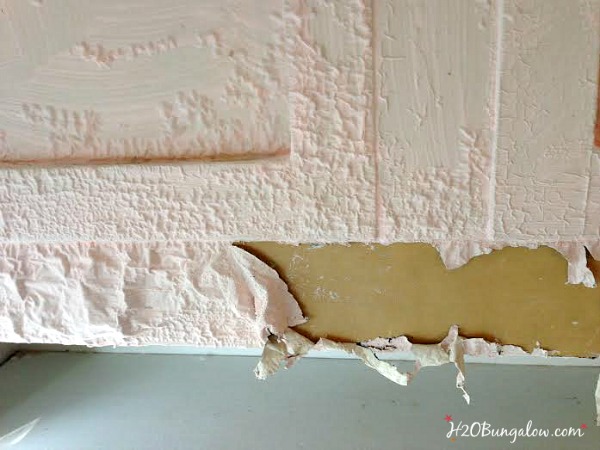
How To Strip Paint Off Furniture And Kitchen Cabinets

My Cabinets Are Ling Is There Any Kind Of Paint I Can Use In Them Hometalk

How To Strip Paint Off Kitchen Cabinets And Furniture

Stripping Cabinets Before Painting Diy Me And Reegs

How To Strip Paint Off Kitchen Cabinets And Furniture
Related Posts




